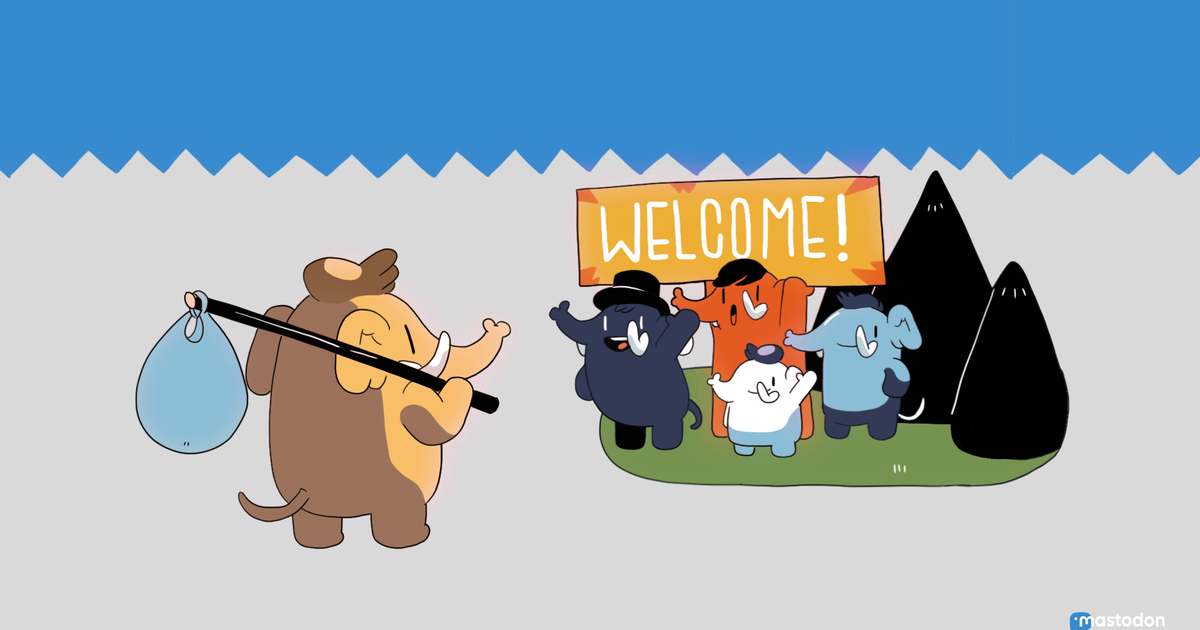@edutooters
Reflecting on #teaching #HighSchool #ComputerScience led to this question: "What would be the best first language to teach computer science?" (CS != programming)
Constraints:
1. It must have a formal and accepted definition, and be open source & widely available
2. It must embody all the elements (&issues) of "classical" 3G languages
3. It must be accessible to teachers and students alike, worldwide (this would be in the context of a global syllabus (CIE))
Boosts welcome!
@grant_h @edutooters I feel like your requirements are too strict. It rules out, for example, Blockly because it's not a language in itself but a visual representation of a language.
Under your requirements I would select Python.
@scerruti The requirements come from my reality. I teach at an international school. The syllabus has to be implemented across the world. They currently use a form of pseudocode, which they needed to formalise to allow teachers to prepare students properly. But the definition has holes. Hence pt 1.
Pt 2. Python has designed out stuff like call ByRef and ByValue. It doesn't have a repeat keyword. It has no end-of-block marker. (I love it, but ...)
Pt 3: See scale above.
@grant_h my reality is such that your point three can only be met with languages that run in a web browser (for example on a Chromebook.)
While I would consider Python to qualify under part 2 as written. I think the post length maximum has shortened your actual requirements.
Have you considered Pascal? It was originally used for this purpose in education. It's just not very relevant which doesn't seem to be a requirement.
@scerruti pascal/Delphi (or Lazarus) would actually be my choice, but I wanted to see if anyone else would get there.
It is still an option in the South African independent system, for exactly these reasons. It was also my first formally taught language, in the 80s.
Python _would_ teach kids to indent!
Real-worldness is not an issue if they can use a made up language.
@scerruti ito browser-based languages, that has to be a hard no, as it would be ideal to be able to have practical examined tasks, and browsers can't reliably be locked down at global scale. Being available online is cool, but most languages have some form of that nowadays.
@scerruti Another thought here: Blockly is useful for teaching beginners to program (we use it, and Scratch). But there are many programmers who are _not_ computer science literate. They don't need to be to solve their use-cases.
@MrBerard @scerruti mmm
My poking on their website https://www.elan-lang.org/beta8/index.html was less than inspiring. No local-only version (which will have to go into the accessibility criterion!) spefically wants chrome, which is a very significant anti-pattern, and didn't work when I pushed the buttons.
The git repo has no specs, defn, etc.
Also, I'm old enough to remember Cobol's verbose syntax, and this seems in that league. Do other modern languages look thus? Because it doesn't look "real" to me!

